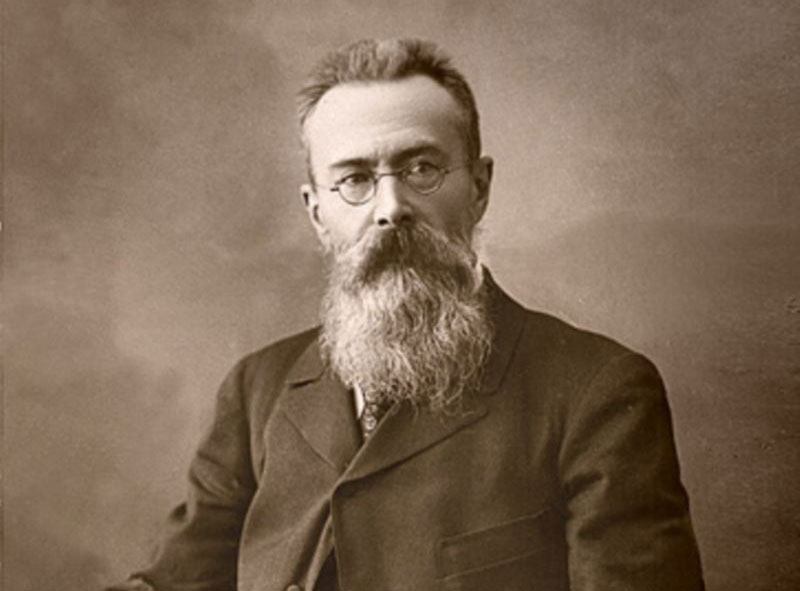
10 Fascinating Facts about Nikolai Rimsky-Korsakov
Nikolai Rimsky-Korsakov was a prominent figure in Russian classical music, known for his colorful orchestrations and vivid compositions. Here are 10 fascinating facts about this[…]

The Magnificent Melodies: Exploring the 10 Best Songs by Composer Nikolai Rimsky-Korsakov
Nikolai Rimsky-Korsakov, a legendary Russian composer of the late 19th and early 20th centuries, holds a prominent place in the annals of classical music. Known[…]

Nikolai Rimsky-Korsakov: The Melodic Mastermind of Russian Music
In the world of classical music, there are composers whose works continue to captivate audiences even long after their time. One such luminary is Nikolai[…]

Life and History of Korsakov
Nikolai Rimsky-Korsakov, born on March 18, 1844, in Tikhvin, Russia, was a prominent Russian composer, conductor, and music educator. He is regarded as one of[…]